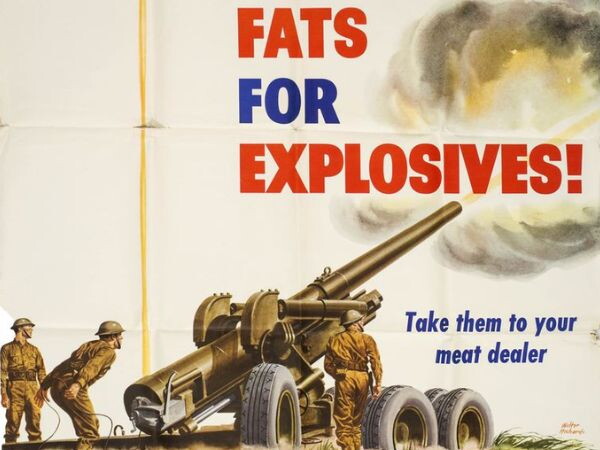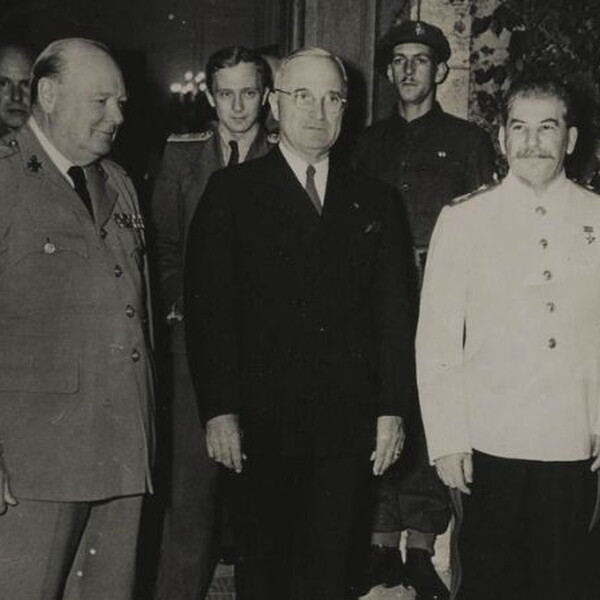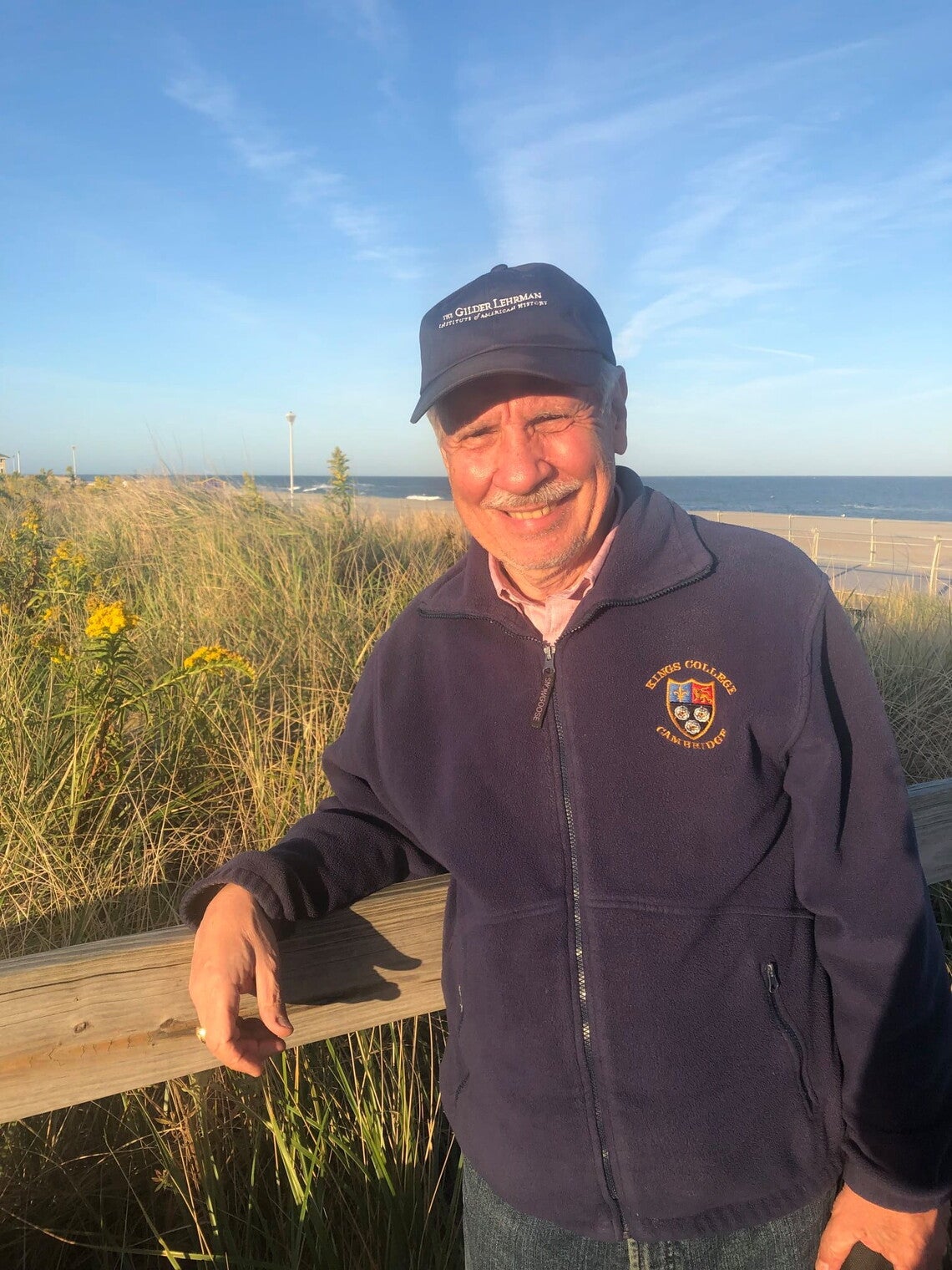A Global Conflict, An American Perspective
This course will examine World War II in a global context, but with an emphasis on the American experience.
Lead Scholar: Michael Neiberg, United States Army War College
Master Teacher: Ron Nash
Image: Poster “United/United Nations Fight for Freedom,” United States Office of War Information, Division of Public Inquiries, 1943. (The Gilder Lehrman Institute, GLC09520.30)


